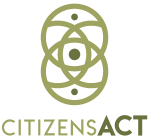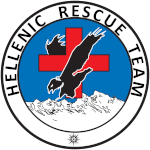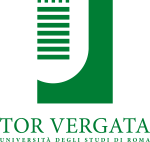First set set of successful town hall meetings conducted in partner countries
Posted on |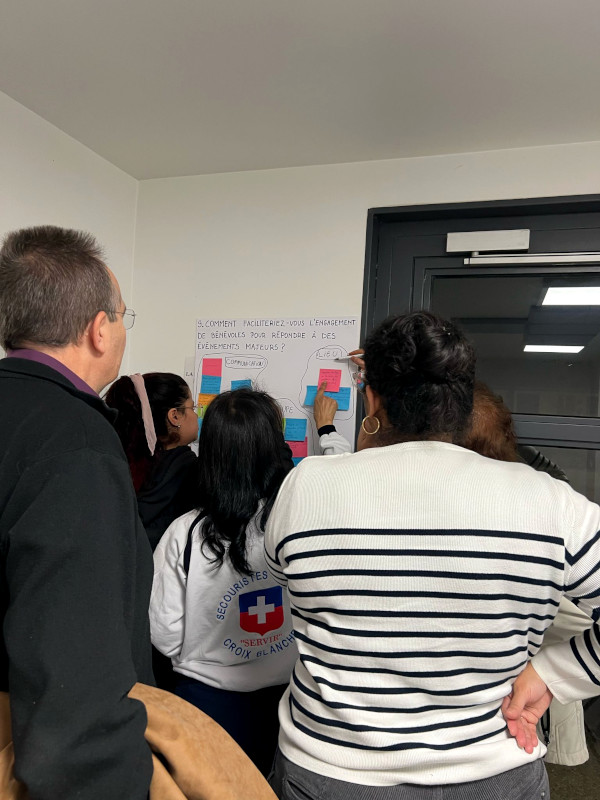
Between April and May 2025, the project partners of SEE conducted the first round of participatory town hall meetings to discuss volunteering and disaster risk reduction with people from the local communities.
For each participating country, an operative partner organisation had beforehand picked a model municipality with a concrete risk of natural disaster to address within the project. The purpose of the town hall meetings is to discuss strategies how the formal volunteering organisations can work together with spontaneous volunteers in emergencies and what challenges should be resolved for this to work. The need to let spontaneous volunteers work hand-in-hand with organized aid workers in large-scale emergencies is a wide-spread consensus – for the benefit of disaster-struck communities and for the benefit of organized volunteer NGOs and state aid actors who are stretched thin due to the increasing frequency of disasers. However, contrary to most pre-existing approaches on the management of spontaneous volunteers, SEE invites citizens, i.e. the potential spontaneous helpers, to participate in the development of the concept for this engagement.
The town hall meetings, organized by the organized volunteers of the partner organisations, were visited by citizens from different demographics as well as by other local stakeholders in municipal or regional civil protection affairs. One event each took place in France, Germany, Greece, Italy, and Slovakia.
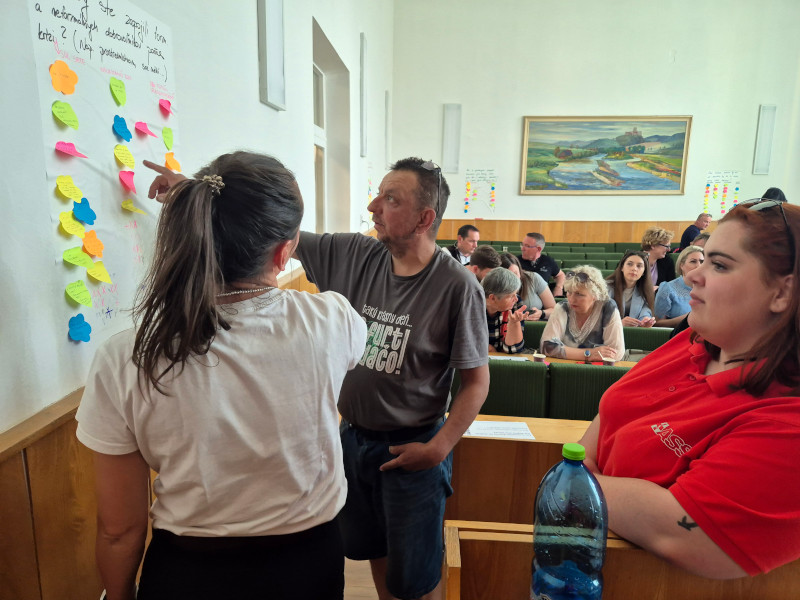
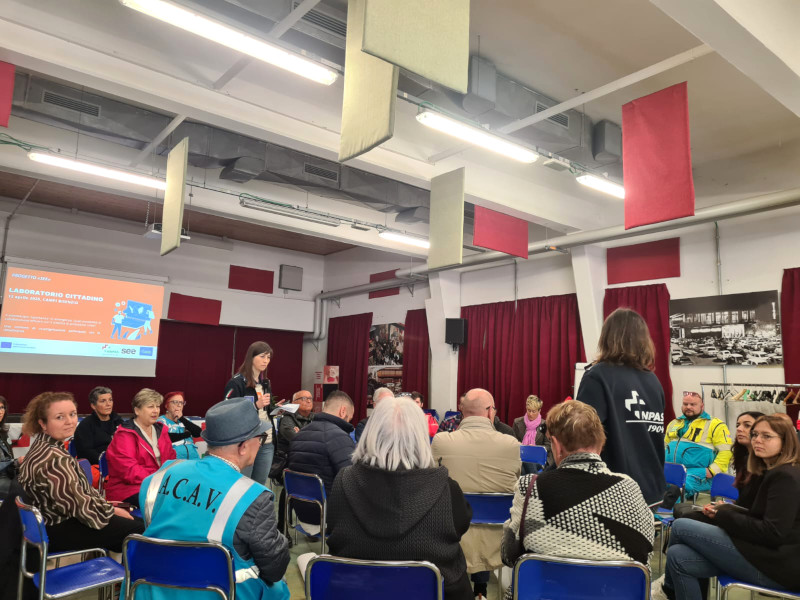
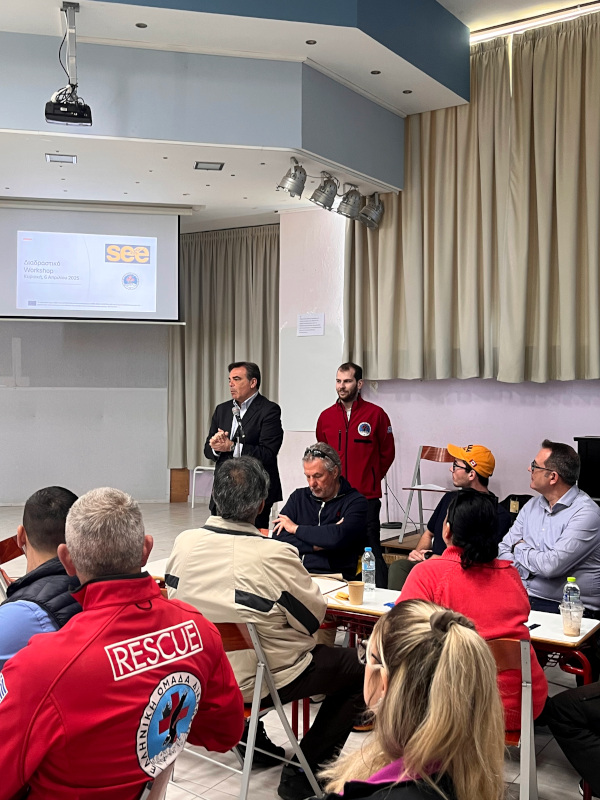
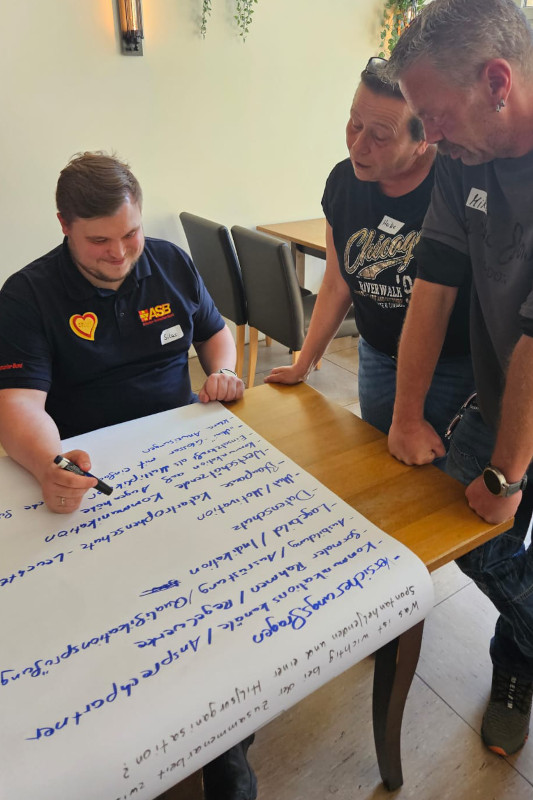
The events led to the formation of, what the project calls, “Local Panels of Active Citizens”, or LPACs. These are local working groups where persons interested in contributing further jointly work on a concept for how formal and informal volunteers can work together in case of emergency in the municipality in question. The results of the LPACs will again be put up for discussion in front of a wider audience at a second town hall meeting in autumn of this year. In the meantime, the project facilitates exchange and capacity building among the LPAC contributors by organising online sessions on the methodology of participatory methods as well as a peer-to-peer exchange among the LPAC representatives from the different countries. This direct contact between the LPACs is a mean to emphasize the European dimension of the project and to enable low-threshold exchange of knowledge.






